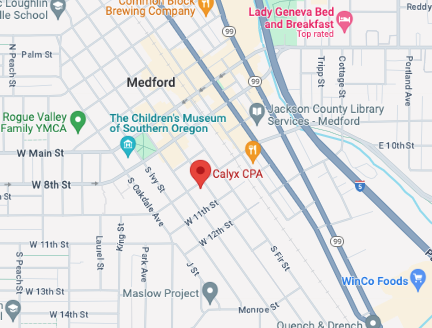
California’s Pioneering Legislation for Psychedelic Therapy
In an era where mental health innovation is more crucial than ever, California stands at the forefront of a transformative shift. The recent passage of Senate Bill 1012, introduced by Sen. Scott Wiener, marks a significant development in the use of psychedelics for therapeutic purposes. Here’s a deep dive into what this groundbreaking legislation entails and its potential ripple effects, particularly for states like Oregon.
A New Dawn for Psychedelic Therapy
Under SB 1012, California is set to establish regulated service centers where adults aged 21 and older can access substances such as psilocybin, MDMA, mescaline, and DMT in a professionally supervised setting. This initiative, aptly named the “Regulated Therapeutic Access to Psychedelics Act,” is not merely about accessibility but is structured to ensure safety and efficacy through stringent oversight (Marijuana Moment).
The Framework of Regulation
The proposed service centers will operate under the aegis of the newly formed Division of Regulated Psychedelic Substances Control within the California Department of Consumer Affairs. This division will oversee the training and licensing of facilitators who must hold medical licenses, thereby ensuring that participants are in capable hands. This regulatory mechanism aims to foster a safe environment for those exploring psychedelic therapies as avenues for profound healing (KQED).
Health Safeguards and Accessibility
Participants in the program will undergo thorough health and safety screenings to tailor their experiences safely. The bill interestingly does not limit access to individuals with predefined medical conditions, broadening the potential benefits to a wider audience. It also emphasizes the importance of follow-up care, which includes integration services to help individuals process their experiences meaningfully (The Marijuana Herald).
The Broader Implications
Proponents of the bill argue that psychedelics hold immense potential in treating conditions resistant to conventional treatments, such as severe depression and PTSD. This legislation comes in response to Governor Gavin Newsom’s earlier veto of a more extensive decriminalization bill, signaling a cautious but progressive approach towards psychedelic therapy. The governor’s guidance has shaped this legislation to focus more narrowly on therapeutic use, ensuring that it’s paired with appropriate safety protocols (Marijuana Moment).
What This Means for Oregon and Beyond
California’s legislative advancements serve as a potential blueprint for other states, including Oregon, which has shown interest in similar reforms. The Oregon community, particularly businesses and healthcare providers, should closely monitor California’s rollout and outcomes to adapt and prepare for possible legislative shifts in their state. This movement isn’t just about changing laws but is a part of a larger shift towards integrating more holistic and progressive treatments into mental health care (DoubleBlind Mag).
As this bill progresses through further legislative stages, it will be crucial to watch how it influences not only the landscape of mental health treatment in California but also sets a precedent for other states considering similar pathways. For professionals and businesses in the cannabis and psychedelic sectors in Oregon, staying informed and prepared is key to navigating the potential changes that might come with such legislative models.
In essence, California’s move towards regulated psychedelic therapy is a beacon of innovation in mental health care, providing a glimpse into a future where these powerful substances are harnessed safely and effectively to heal and transform lives.

Calyx CPA
Cannabis & Psychedelic Services Accounting Specialists
Calyx empowers entrepreneurs to build thriving businesses through accurate accounting and expert tax & accounting services by our licensed professionals.
541-816-4483
LOCATION ON MAP
